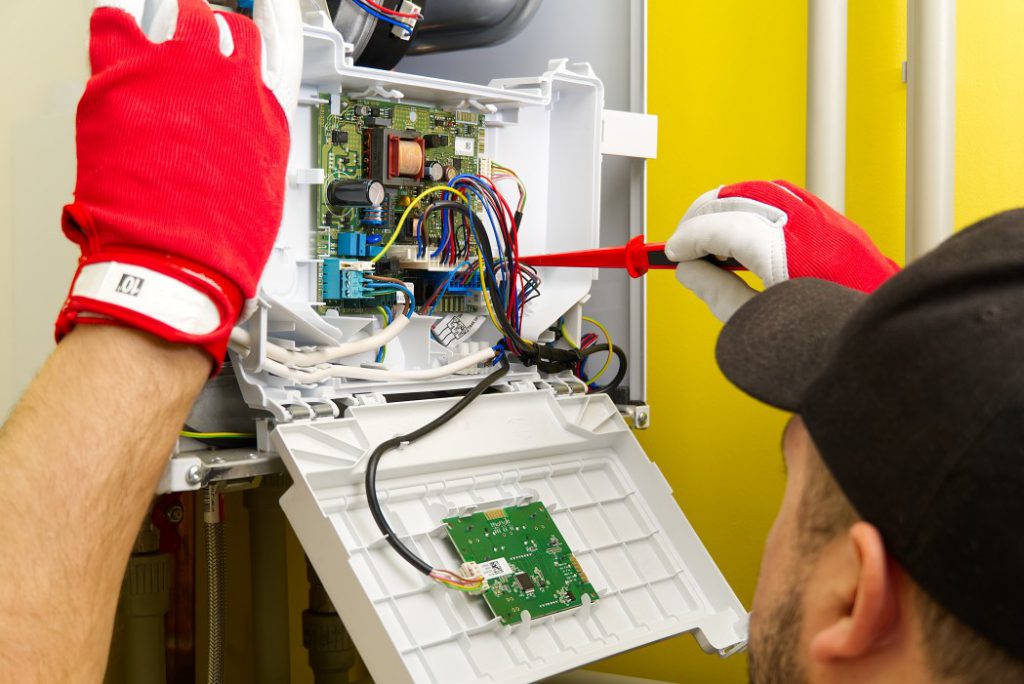
Understanding the Basics of Van Keys
Van keys are essential components of vehicle security systems, specifically designed for vans. They come in various forms and styles, ensuring that each vehicle can be operated securely and reliably. Whether you own a cargo van for commercial purposes or a family van, understanding the types and features of Van Keys can greatly enhance your vehicle management experience and provide peace of mind.
Types of Van Keys Available
Van keys can be categorized primarily into three types: traditional mechanical keys, transponder keys, and keyless entry systems.
- Traditional Mechanical Keys: These are standard keys that physically fit into the ignition and door locks of the vehicle. They are simple to use but may be less secure compared to newer technologies.
- Transponder Keys: Equipped with a microchip, these keys communicate with the vehicle’s electronic control unit. This type of key offers enhanced security and helps prevent unauthorized access.
- Keyless Entry Systems: These modern systems allow for entry into the vehicle without the need to insert a physical key. Instead, users can unlock and start their van by being in close proximity with the key fob, which significantly improves convenience.
Essential Features to Look For in Van Keys
When selecting the right van keys, certain features can greatly influence their performance and reliability:
- Durability: Van keys should be made from materials that withstand daily use and exposure to the elements.
- Security Features: Look for keys that offer advanced security options such as rolling codes for electronic keys or unique cut patterns for mechanical keys.
- Compatibility: Ensure that the keys are compatible with your specific van model to avoid issues with functionality.
- Ease of Replacement: Consider the availability of spare keys and the ease of obtaining replacements if necessary.
Key Components: What Makes a Good Van Key
A good van key should include several key components that elevate its functionality and reliability:
- Chip Technology: For transponder keys, chip technology ensures that the key communicates effectively with the vehicle’s computer system.
- Battery Life: For key fobs, prolonged battery life is essential. Users should be aware of how to check and replace batteries to avoid being locked out of their vehicles.
- Ergonomics: The design of the key should provide a comfortable grip to make it easier to handle.
Importance of Choosing the Right Van Keys
Selecting the correct van keys plays a crucial role in securing both the vehicle and its contents. This choice impacts not only the day-to-day operation of your van but also its overall security profile.
Impact on Vehicle Security and Accessibility
The right van keys enhance the security measures of your vehicle, reducing the likelihood of theft or unauthorized access. Additionally, they can improve overall accessibility, making it easier for you to enter and operate your vehicle under various conditions.
Why Quality Matters for Van Keys
Investing in high-quality van keys is paramount. Cheap or poorly made keys can wear out quickly, leading to functionality issues or even damage to the locking mechanism of your van. Quality keys tend to meet better manufacturing standards, providing long-term durability and consistent performance.
Common Issues with Improper Van Keys
Using improper or low-quality keys can result in a number of issues, including:
- Increased Wear: Keys that don’t fit well can cause wear and tear on the ignition and lock components.
- false Activation: Poorly programmed transponder keys may not reliably engage the vehicle’s ignition system.
- Accessibility Problems: Lack of a proper key or malfunctioning key fobs can lead to inconvenient lockouts.
How to Identify Compatible Van Keys
Finding the right van keys for your specific vehicle model can sometimes be challenging due to variations in key design and technology. Here’s how to identify compatible keys effectively.
Vehicle Models and Key Compatibility
Each van model is designed to work with specific key types and systems. Always refer to your vehicle’s user manual or consult a locksmith to ensure compatibility. Consider the make, model, and year of your van, as these parameters will heavily influence your options when it comes to replacing or duplicating keys.
Decoding OEM vs Aftermarket Van Keys
There are two primary categories of van keys: OEM (Original Equipment Manufacturer) keys and aftermarket keys. OEM keys are produced by the vehicle manufacturer and are generally considered standard in terms of compatibility and reliability. In contrast, aftermarket keys are created by third-party manufacturers and may offer alternatives at a lower cost but can sometimes come with varying quality and compatibility issues.
Key Programming Basics for Van Keys
Programming a van key, particularly for transponder and keyless entry systems, is a crucial step in the replacement process. This can typically be done in several ways:
- Dealership Programming: Having a dealership program your new keys ensures that they are correctly configured for your vehicle.
- Professional Locksmith Services: Certified locksmiths can also program keys, often at a lower cost than dealerships.
- DIY Programming: Some models provide instructions for owners to program keys themselves. However, this requires careful attention to detail and an understanding of the vehicle’s electrical system.
Replacing Lost or Damaged Van Keys
It’s not uncommon to misplace or damage van keys. Knowing how to efficiently replace them can save you time and reduce frustration.
Steps to Take When You Lose Your Van Keys
If you’ve lost your van keys, follow these steps:
- Check all possible locations where the keys could be, including bags, pockets, or around your home.
- Contact any service providers you may have used to gain access to potential spare keys.
- Consider the possibility of a replacement key by contacting a dealership or professional locksmith if the keys cannot be found.
How to Get a Replacement for Van Keys
Once you’ve decided to proceed with obtaining a replacement, you can opt for:
- Dealership Replacement: Usually the most secure method, dealerships can provide OEM keys that are guaranteed to work with your vehicle.
- Professional Key Duplication: Local locksmiths can often provide replacement services that are comparable to dealership offerings.
- Online Services: Certain services allow for the purchase of replacement keys online, which can then be programmed by a locksmith.
Cost Considerations for Van Key Replacement
Replacement costs for van keys can vary widely based on several factors, including:
- The type of key (mechanical, transponder, or key fob).
- Where you obtain the replacement (dealerships tend to be more expensive).
- Any additional programming costs if applicable.
Best Practices for Maintaining Your Van Keys
Proper maintenance of your van keys can prolong their lifespan and ensure optimal performance.
Regular Care Tips for Van Keys
To keep your van keys in good condition:
- Clean the keys regularly to remove dirt and grime.
- Avoid exposing keys to extreme temperatures or liquids that could damage internal components.
- Inspect keys periodically for any signs of wear, especially around the ignition area if using mechanical keys.
Storing Van Keys Properly to Avoid Damage
Where you store your van keys can significantly impact their longevity. Follow these tips:
- Use a designated key hook or box to avoid misplacing the keys.
- Avoid bundling your van keys with heavy items that could cause them to scratch or break.
- Consider using a key fob protective sleeve to shield electronic keys from damage.
Upgrading Your Van Keys: When and Why?
If your current van keys frequently malfunction or exhibit damage, it may be time for an upgrade. Signs to watch for include:
- Repeated difficulty in unlocking or starting the vehicle.
- Physical signs of wear or damage on the key itself.
- Changes in technology such as the introduction of keyless entry systems that may enhance convenience.






